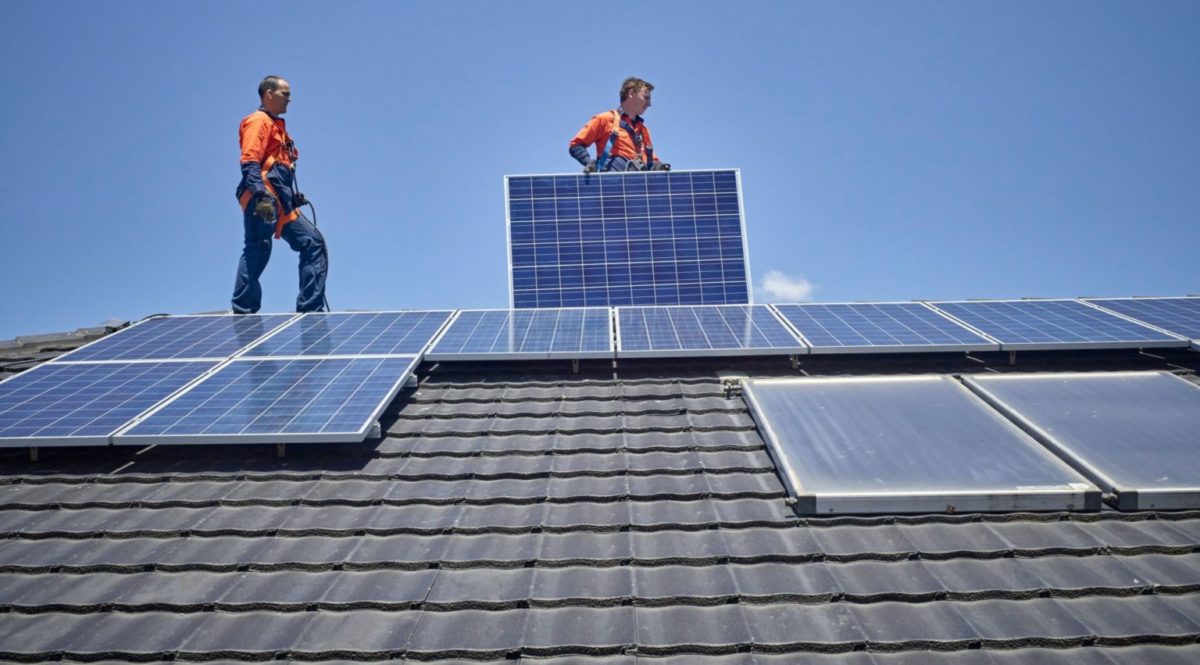Australian solar companies are struggling to find workers, leaving some forking out as much as 30% above normal salaries to find candidates, with others seriously revising their corporate strategies.
Andy McCarthy, CEO of RACV Solar, said that his company – which has one of the industry’s largest in-house teams – has certainly grappled with the issue. “Everyone has,” he told pv magazine Australia.
McCarthy said the shortages are so pervasive the best members of his team are getting approached weekly by companies looking to recruit.
The situation has led RACV Solar to pursue a range of measures. In April, the company acquired the Cola Solar, having bought Great Ocean Solar and Electrical not long before. These were, McCathy said, “capability acquisition as much as pipeline acquisitions.”
Which is to say, their workforces were among these companies most valuable assets. This approach, McCarthy noted, requires not only strong due diligence but is really only available to companies big enough to fork out major capital.
This is a sentiment echoed by Kosta Bourandanis, co-founder of industry group Solar Cutters. He told pv magazine Australia that while big companies have been able to cope, smaller companies are struggling and some are even stalling, unable to find enough workers to keep up with demand.
Platinum Solar Designs, a small and exclusively in-house solar company based on the New South Wales south coast, is one such example. “We’re stuck and we’ve been stuck now for about two years,” general manager Scott Mason, who formerly founded and owned Australian Solar Designs, told pv magazine Australia.
It is with the system of Clean Energy Council (CEC) accreditations that Mason sees the real heart of the issue. To be precise, it isn’t so much that Mason is struggling to find staff (though that is also true), but rather that his business can’t keep staff.
The primary reason for this retention issue, he says, is that as soon as young electricians finish their apprenticeships, they can become CEC accredited installers within a matter of days. With this accreditation, they can earn much more money subcontracting for big solar companies like Sunboost and Arise.
Why work for AUD 45 ($32) an hour, Mason said, when it’s possible to earn as much as $1,600 per job installing as a sole trader?
His company now has to watch the amount of sales it makes because it refuses to use subcontractors – a practice Mason believes disables quality control.
“My business cannot grow because I’ve only got a certain amount of [Clean Energy Council] accredited people within my business and at the end of the day, it falls on that number. I can only do so many solar installations a week because I’ve only got so many solar installers that are CEC accredited.”
To continue reading, please visit our pv magazine Australia website.
This content is protected by copyright and may not be reused. If you want to cooperate with us and would like to reuse some of our content, please contact: editors@pv-magazine.com.




By submitting this form you agree to pv magazine using your data for the purposes of publishing your comment.
Your personal data will only be disclosed or otherwise transmitted to third parties for the purposes of spam filtering or if this is necessary for technical maintenance of the website. Any other transfer to third parties will not take place unless this is justified on the basis of applicable data protection regulations or if pv magazine is legally obliged to do so.
You may revoke this consent at any time with effect for the future, in which case your personal data will be deleted immediately. Otherwise, your data will be deleted if pv magazine has processed your request or the purpose of data storage is fulfilled.
Further information on data privacy can be found in our Data Protection Policy.